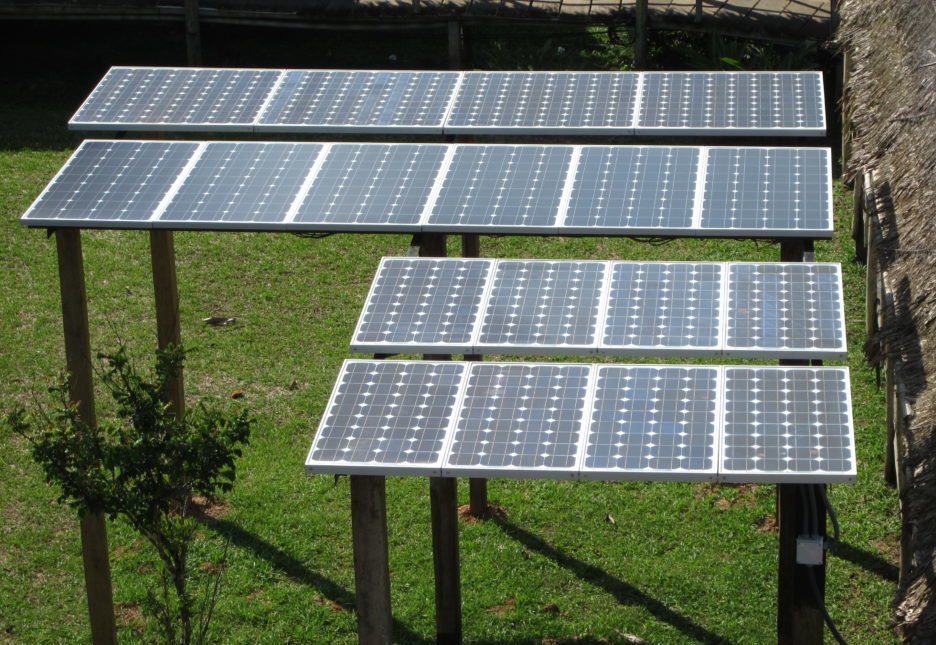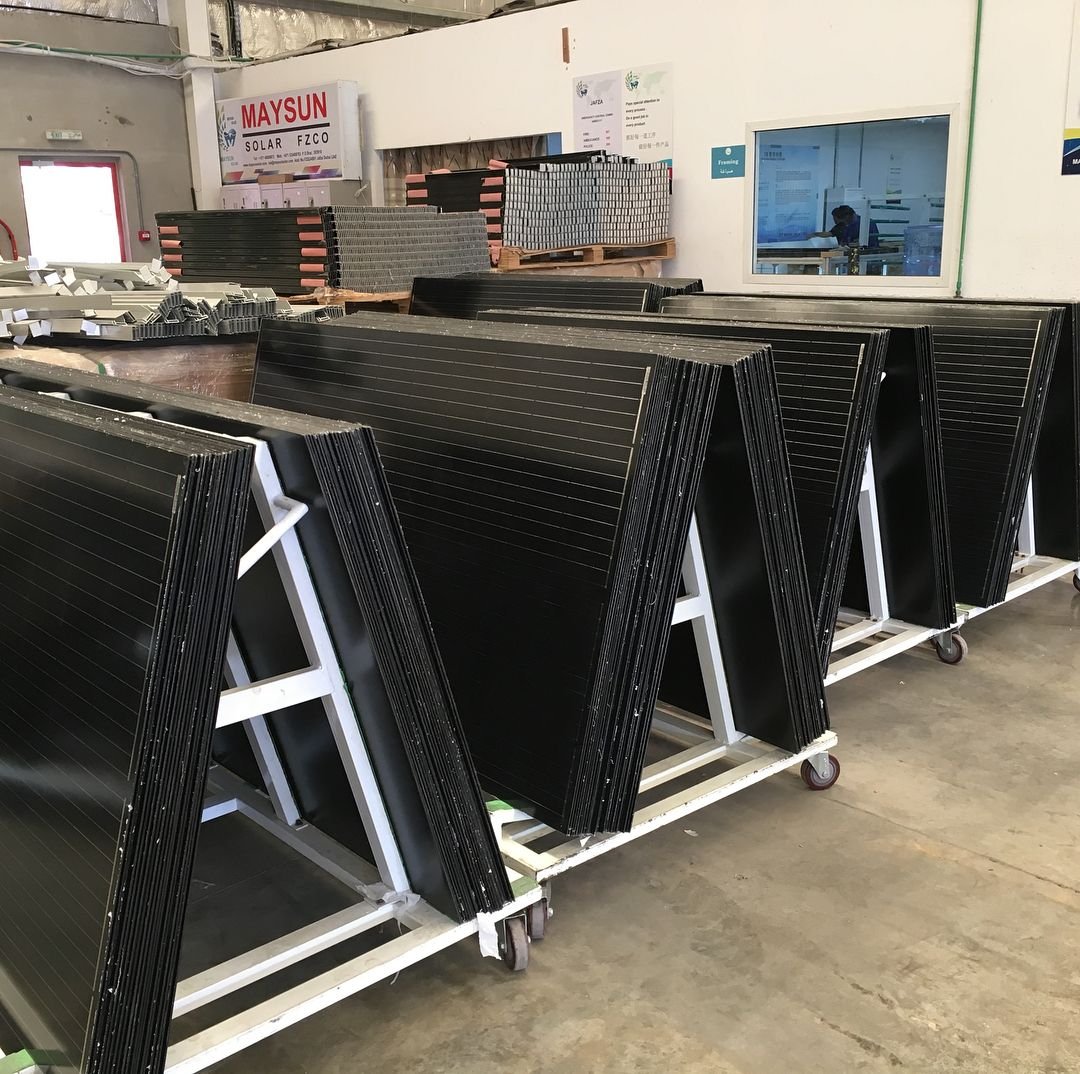
Understanding Solar Panel Efficiency: How Many Watts Does a Solar Panel Produce per Square Meter?
As the world transitions towards cleaner and sustainable energy sources, solar panels have gained immense popularity. These panels convert sunlight into electricity and have become a vital component of residential and commercial energy systems. However, one question that often comes up is, how many watts does a solar panel produce per square meter? In this article, we will explore the answer to this question and explain the factors that affect solar panel efficiency.
how many watts does a solar panel produce per square meter
Solar panel efficiency is measured in terms of the amount of sunlight it converts into electricity, usually measured in watts per square meter (W/m²). The efficiency of solar panels is affected by various factors, including the angle of the panel, the temperature, and the quality of the solar cells.
On average, a solar panel can produce between 250-400 watts per square meter. However, the exact wattage depends on various factors such as the type of solar panel, location, and the amount of sunlight available. For example, in regions with high levels of solar irradiance, a solar panel can produce more electricity than in areas with lower solar irradiance.
The type of solar panel also affects the wattage output. Monocrystalline panels, for instance, have a higher efficiency rating compared to polycrystalline panels. Thin-film solar panels, on the other hand, are less efficient and require a larger surface area to produce the same amount of energy as traditional solar panels.
The temperature also affects the efficiency of solar panels. When solar panels get too hot, their efficiency decreases, and they produce less electricity. In areas with high temperatures, it is essential to invest in solar panels that have a low-temperature coefficient, which reduces the negative effects of high temperatures on solar panel efficiency.
In conclusion, the amount of watts a solar panel can produce per square meter depends on various factors, including the type of solar panel, location, and temperature. As such, it is essential to consider these factors when choosing solar panels for residential or commercial use. It is also essential to note that solar panels’ efficiency will continue to improve with advances in technology, making them an even more attractive energy source for the future.
Incorporating solar panels into your home or business can be an excellent way to reduce your carbon footprint while saving on energy costs. By understanding how solar panel efficiency works, you can make an informed decision on which solar panels to install and maximize the benefits of this renewable energy source.





